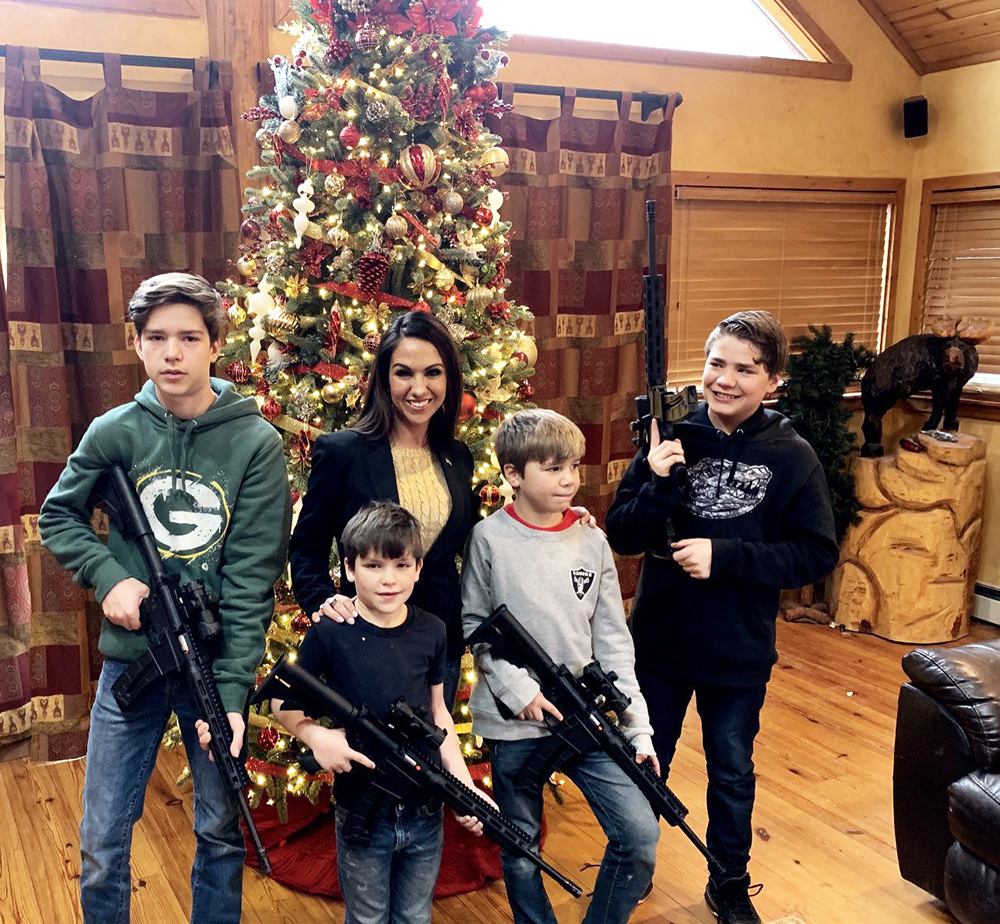In 2005, Cormac McCarthy released a novel called No Country for Old Men, a relentlessly brutal tale of a man who stumbles onto a drug deal gone wrong on the Mexican border and makes off with the loot he finds on a dead man. It doesn’t end well. Almost everybody in the book eventually gets murdered. No one gets a happy ending. The characters in the novel (and the subsequent movie) are driven by greed, revenge, grief, and blood-lust. There is no love story, no kindness, no forgiveness, no hero. Only senseless violence and death.
We learned a couple weeks ago that Memphis was no city for Young Dolph, a rising rapper who was assassinated at, of all places, Makeda’s Homemade Cookies. It was reportedly the third attempt on the artist’s life in the last five years. The first two were suspected of being the work of a rival rapper whose name I won’t mention here.
But Young Dolph was nothing if not resilient. Following a 2016 attempt on his life in Charlotte, North Carolina, which involved more than 100 shots being fired at his bullet-proof vehicle, he released an album called Bulletproof, which contained such songs as “100 Shots,” “In Charlotte,” “But I’m Bulletproof,” “I’m Everything You Wanna Be,” and “So Fuk’em.” Young Dolph’s response to a murderous attack on his life was to boast about his superiority to his attackers in his music and to gloat about their bad shooting.
Let me issue a “trigger warning” of sorts here: I — an old white guy — dug into the lyrics of Bulletproof, seeking to learn more about the art of Young Dolph, a performer who is revered by many hereabouts for his good works in the community. His was a name I’d heard, but I didn’t know his music.
Unsurprisingly, I guess, I found Young Dolph’s lyrics revolting. I get that the brutish misogyny, the profanity, the porn-ish sexual swaggering, the celebration of money, drugs, and violence found in Bulletproof’s lyrics is performative. I understand that it’s a genre, a trope; it’s “gangsta” — a celebration of outlaw life similar to Mexican corridos — songs that celebrate cartels, coyotes, and drug-runners. And I get that outlaws have been celebrated in country music and rock-and-roll forever. In “Folsom Prison Blues,” Johnny Cash brags that he “shot a man in Reno, just to watch him die.”
But this stuff seems next-level and not a healthy next-level. The language is disgustingly demeaning to women; it glorifies casual violence, avarice, and death. And it’s depressing to me that so many of America’s young people love this stuff and take it to heart — like whoever shot and killed two high school girls at a gas station drive-by shooting in Memphis recently. Gangsta.
But, here’s the thing: This toxic version of humanity is everywhere, and it crosses the country’s ethnic and cultural divides. You want to see another soulless, empty celebration of the cult of death? Look at Colorado Representative Lauren Boebert’s Christmas card tweet, wherein she poses with her young male children, all of whom are gleefully brandishing firearms. Listen to her intentional racism in video clips, read her blindingly stupid tweets. What the actual “fuk” is wrong with her? And with us, a country that contains districts in which a majority of the citizens vote for humans like this asshole?
And how do you explain Ethan Crumbley, the Michigan 14-year-old who took a gun his parents had just bought him and murdered four high-school classmates. I’d venture to say that his folks were not influenced by gangsta rap. They are more likely members of the far-right, white-supremacy death-cult that infests the Trump wing of the Republican Party. White American boys committing mass murder is no longer considered unusual. It’s just another trope. Like gangsta rap.
We are a wounded nation. We need to quit glorifying those who appeal to our basest instincts — guns, greed, racism. We need to rediscover the power of kindness and generosity, and do better. Or soon we’ll have no country for anyone.
